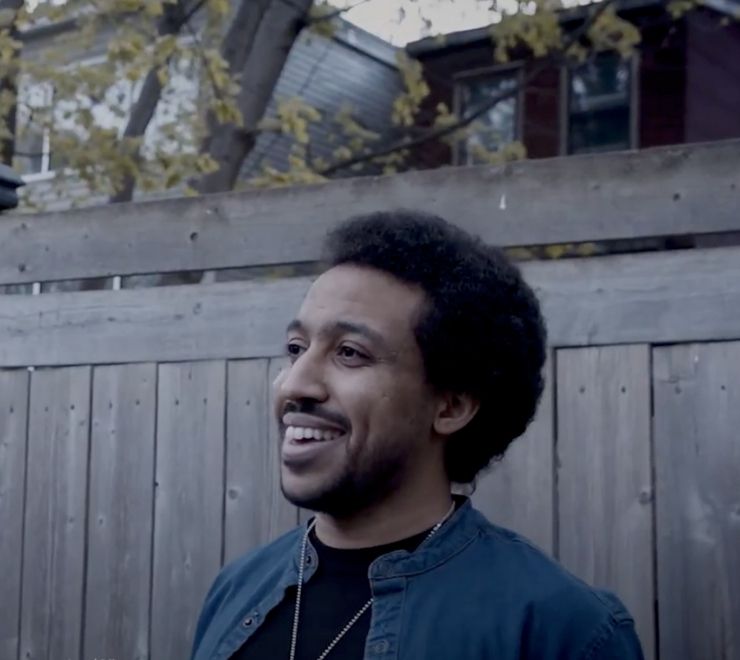Jordan’s Principle is a legal rule in Canada. It helps ensure First Nations youth can access the services (e.g. medical, mental health, accessibility) they need, when they need them and without prejudice. It’s important to know the history of Jordan’s Principle, and how First Nations youth can use it to raise awareness and ensure fair treatment of all youth.
What’s the history of Jordan’s Principle?
Jordan River Anderson was from Norway House Cree Nation. He was born in Manitoba in 1999 with medical challenges and complex needs. He spent his entire life in the hospital, despite being cleared by his doctors to live at home with proper care. Unfortunately, the federal and provincial governments couldn’t decide on who should pay for that care.
Depending on whether someone lives on or off a reserve, different levels of government support certain services for First Nations youth. Jordan waited over two years in hospital for the funding dispute to be resolved. He died at the age of five without ever spending a day in his family’s home. His story is what inspired Jordan’s Principle.
What is Jordan’s Principle?
Jordan’s Principle is a youth-first principle designed to ensure all First Nations youth can access the services and supports they need, when they need them. Under this legal rule, First Nations youth can access any public services (including physical health, mental health, educational supports, early childhood services and more) without having to face injustices or discrimination because they’re First Nations. Jordan’s Principle supports First Nations youth in advocating for fair, culturally sensitive and traditional forms of care.
Who can use Jordan’s Principle?
Every young person who identifies as First Nations in Canada can make a claim through Jordan’s Principle to access the public services they need. First Nations youth can request services under Jordan’s Principle whether they are:
- on or off reserve
- status or non-status
If you’d like to submit a request using Jordan’s Principle, you can call the Jordan’s Principle Call Centre 24/7 at 1-855-572-4453. To learn more about Jordan’s Principle, you can visit the First Nations Child and Family Caring Society of Canada.
If you’re a young person who identifies as Inuit in Canada, you can receive health, educational and social support through The Inuit Child First Initiative.
How is Jordan’s Principle recognized across Canada?
In 2008, the Truth and Reconciliation Commission of Canada (TRC) was created to inform people in Canada about what happened in residential schools and document the truth of anyone personally affected by the residential school experience. The TRC had 94 Calls to Action that are concrete steps towards reconciliation efforts. Action #3 was “We call upon all levels of government to fully implement Jordan’s Principle”.
In Canada, May 10 is now marked as Bear Witness Day, a day to remember Jordan and the lives of children who have been underserved and overlooked.
Jordan’s Principle is designed to ensure First Nations youth receive the support they need without discrimination. If you have questions about Jordan’s Principle, you can talk to a safe adult such as a parent/caregiver, social worker or Elder. Kids Help Phone’s professional counsellors are available to support you and our trained, volunteer crisis responders are available through text. If you identify as Indigenous, you can ask to be connected with a First Nations, Inuk or Métis crisis responder (if one’s available) by messaging FIRST NATIONS, INUIT or METIS to 686868. You can also search for Indigenous support services in your area on Resources Around Me.







